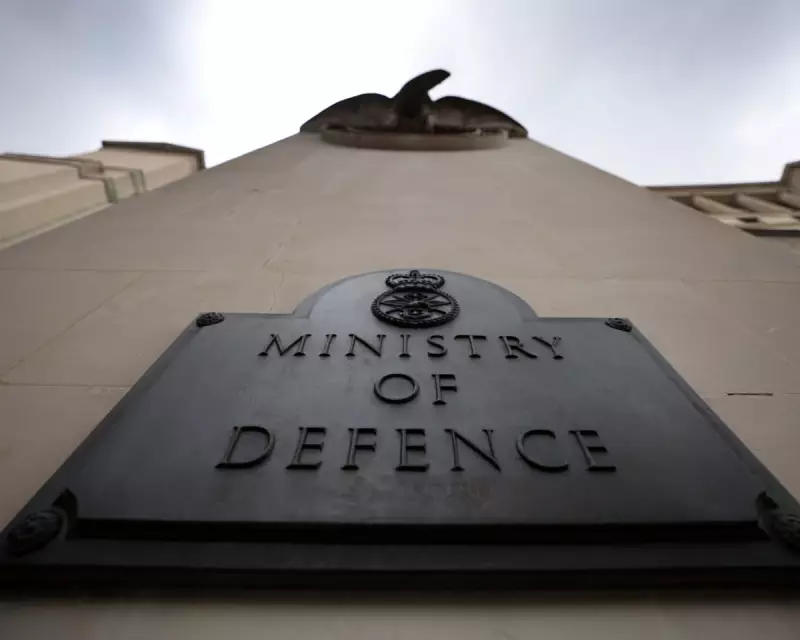
A highly unusual legal manoeuvre has shrouded the UK's Afghan resettlement programme in secrecy, with a superinjunction preventing media from reporting crucial details about the scheme's implementation.
What is a superinjunction?
Superinjunctions are rare court orders that not only prohibit reporting on specific information but also forbid any mention of the injunction's existence. In this case, the order relates to aspects of the Afghan Citizens Resettlement Scheme (ACRS), launched to help those who worked with British forces during the 20-year conflict.
Why the secrecy?
While the exact reasons remain protected by the injunction, legal experts suggest national security concerns or diplomatic sensitivities may be behind the decision. The move has sparked debate about balancing government accountability with legitimate security considerations.
What we can report
What is known is that the ACRS aims to resettle up to 20,000 vulnerable Afghans, with priority given to those who assisted UK efforts. The programme has faced criticism for slow processing times, with many applicants still awaiting decisions nearly four years after the Taliban takeover.
Transparency concerns
Civil liberties groups have expressed alarm about the use of such extreme secrecy measures in matters of public interest. "When the government operates in complete secrecy, it becomes impossible to hold them to account," said a spokesperson for Liberty.
The Ministry of Justice declined to comment on the existence of any injunction, as would be expected when such an order is in place.





